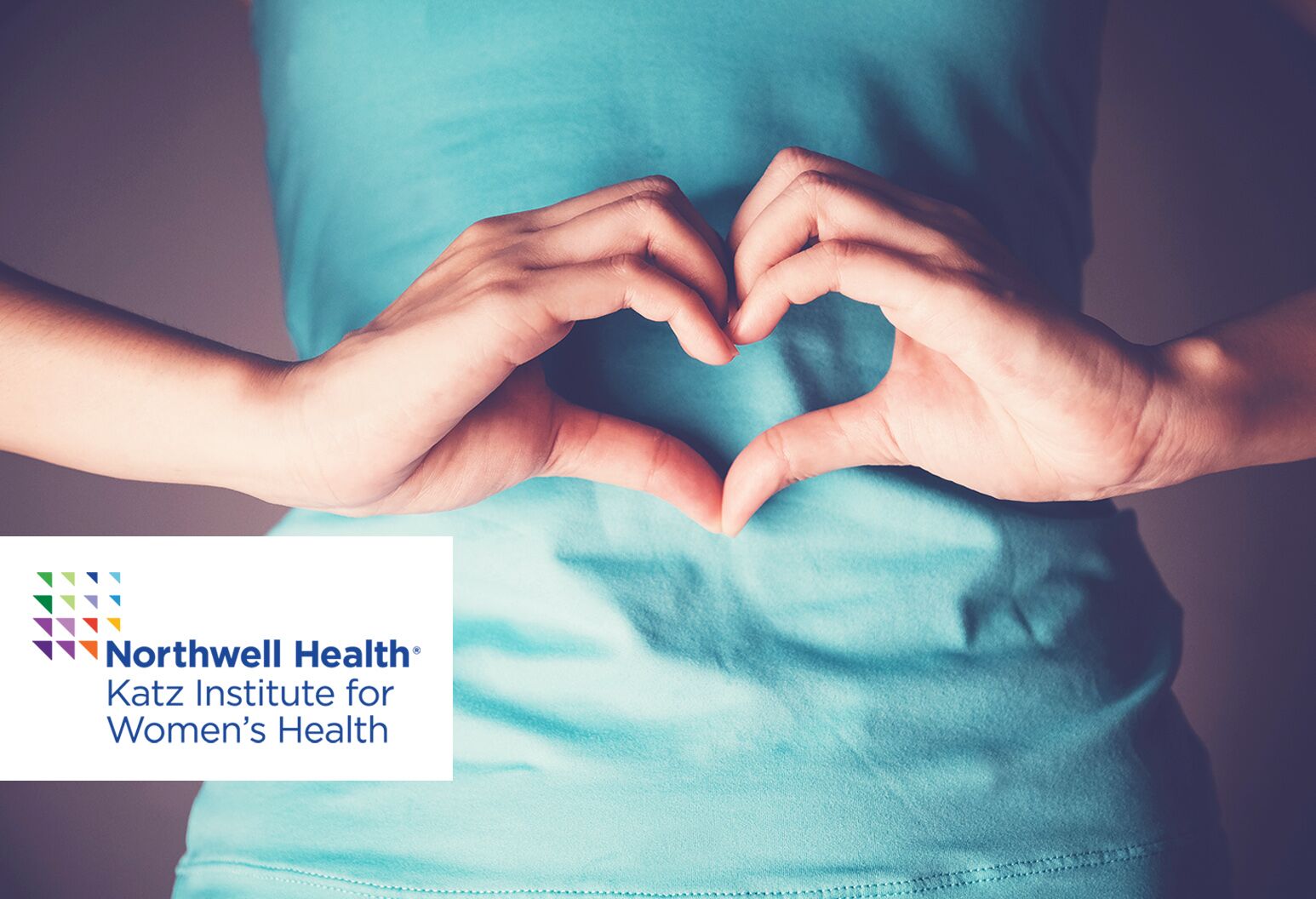digestive health
The No-Nonsense Guide To Norovirus

This bacteria has major benefits, including breaking down food, absorbing nutrients, and even boosting your immune system.
3 min read
No matter what I eat lately, I feel like I’m always left feeling bloated, constipated, and irritable. Google hasn’t been any help and this isn’t exactly something I want to ask about on social media. I’ve been hearing a lot about probiotics being beneficial for women—do you think this might help?
Sincerely,
“Feeling Funky”
Almost daily I have patients ask me if they should take a probiotic. It’s a hot topic, especially since up to 15% of all women suffer from irritable bowel syndrome (IBS) or chronic symptoms of bloating, diarrhea, and/or constipation. This condition is thought to be linked to your gut microbiome—the collection of different bacteria that live in your belly. Having too much bad bacteria causes inflammation that raises your risk of bowel-related diseases and possibly obesity, heart disease, and Type 2 diabetes.
One way to boost the levels of good gut bacteria is to take a probiotic. These are good bacteria that help your body break down food, absorb nutrients, and possibly even boost your immune system. But there’s no one-size-fits-all probiotic—different types have been shown to help different conditions. That’s why I advise my patients that the best way to boost their microbiome is to follow a healthy lifestyle. Here’s how:
Eat a healthy diet. The good bacteria in your gut thrive on high-fiber foods and fermented foods like plain yogurt with active cultures, sauerkraut, miso, and pickled vegetables. A 2016 study in the journal Science found that plentiful consumption of those foods helped keep gut bacteria healthy. Stay away from foods high in sugar and saturated fat, which have the opposite effect. A 2013 Harvard study found that an animal-protein-rich diet filled with meat and cheese promotes an increase in certain types of bad gut bacteria linked to inflammation.
Be careful with antibiotics. They kill off the good bacteria in your gut along with the harmful ones. Other preliminary research suggests that certain classes of drugs—such as proton pump inhibitors (PPIs), which reduce the production of stomach acid; metformin, used to treat Type 2 diabetes; antibiotics and even laxatives—may affect your microbiome. If you use any of these medications, talk to your doctor about taking a probiotic.
Exercise. One preliminary study of 32 sedentary people published in 2018 in the journal Medicine and Science in Sports and Exercise found that when they began working out, they experienced beneficial changes in their gut bacteria after six weeks.
Reduce stress and increase sleep. We know that too much stress can disturb your microbiome, creating an atmosphere where bad bacteria flourish. One way to buffer the effects of anxiety is to get enough shut-eye. A study published this past October in the journal PLOS ONE found an association between sleep quality and gut microbiome.
Use probiotics judiciously. If you still feel like your gut is out of whack, then it’s time to try a probiotic. I typically have patients start with Align, which is available in drugstores. It contains a type of bacteria called Bifidobacterium, which has been shown to improve IBS symptoms. If you’ve tried it for 10 to 14 days and you don’t notice a reduction in symptoms like gas and bloating, try Culturelle, which is also well-studied.
The Well is Northwell Health’s commitment to the future of health care. In this time of information overabundance, much of which is inaccurate, unhelpful, or even difficult to understand, Northwell Health is on a mission to make a difference as an honest, trusted, and caring partner. The site connects with consumers to provide them with personalized content that reduces their stress, makes them laugh, and ultimately feel more confident and capable on their healthcare journey.